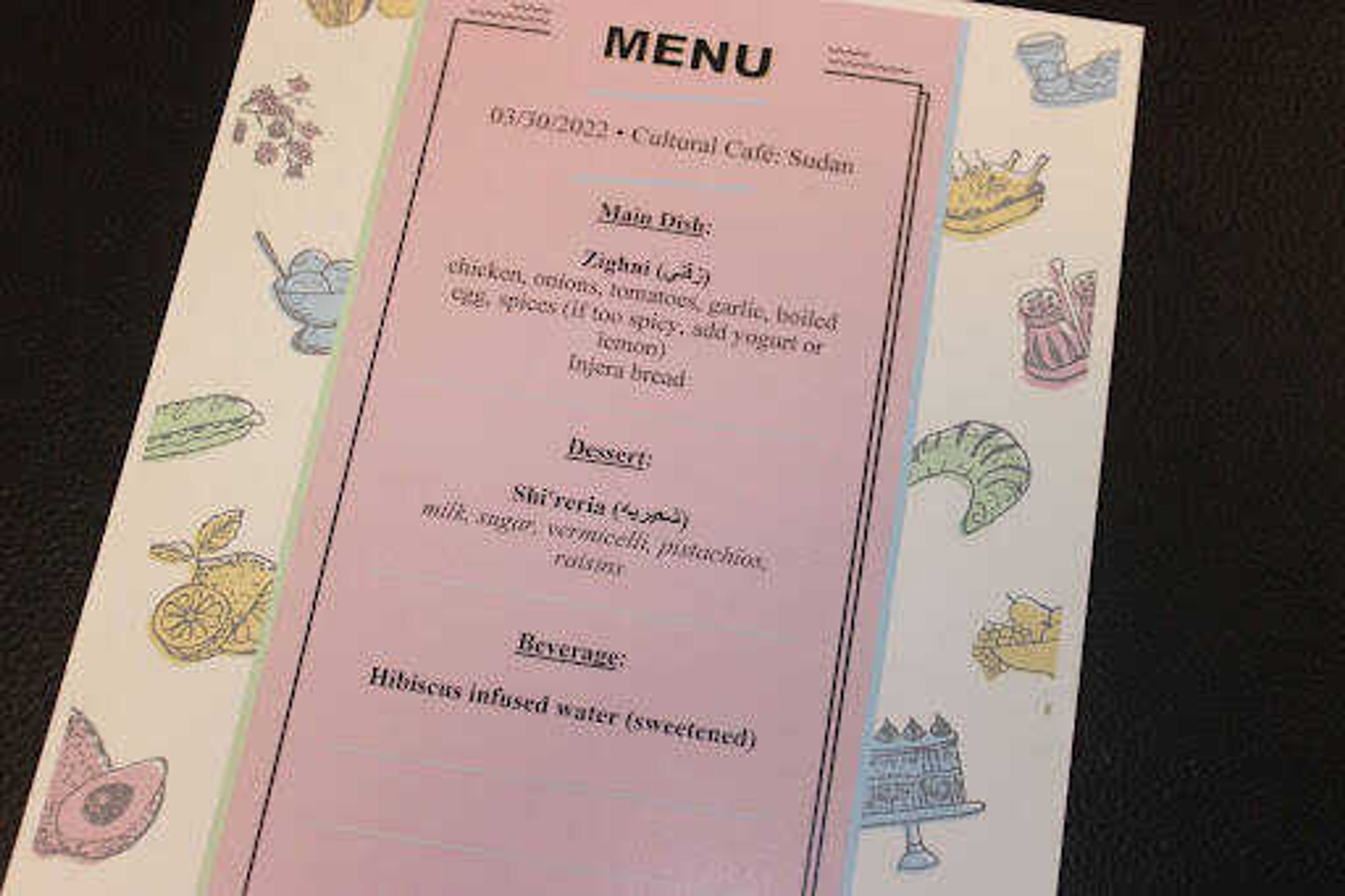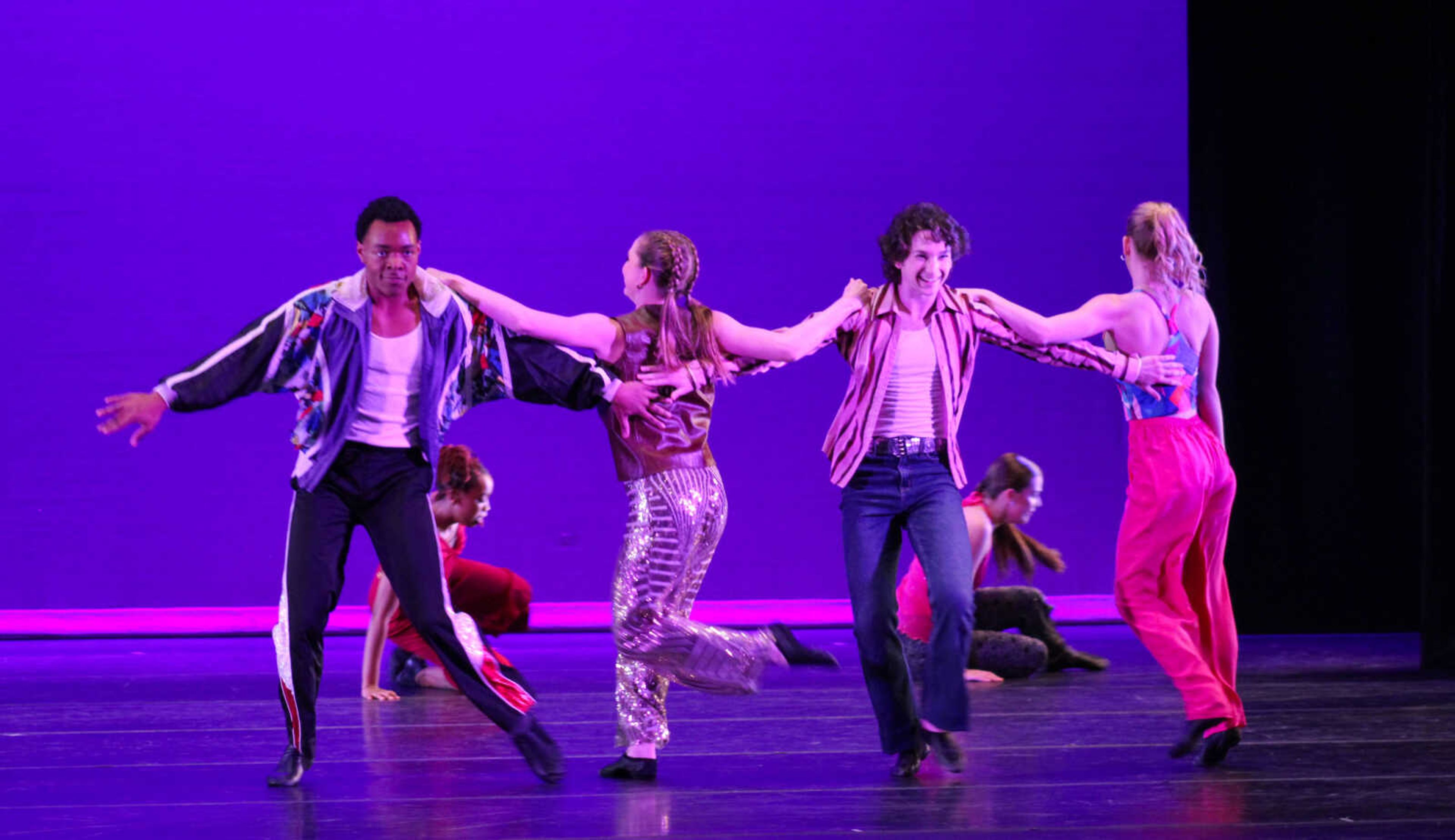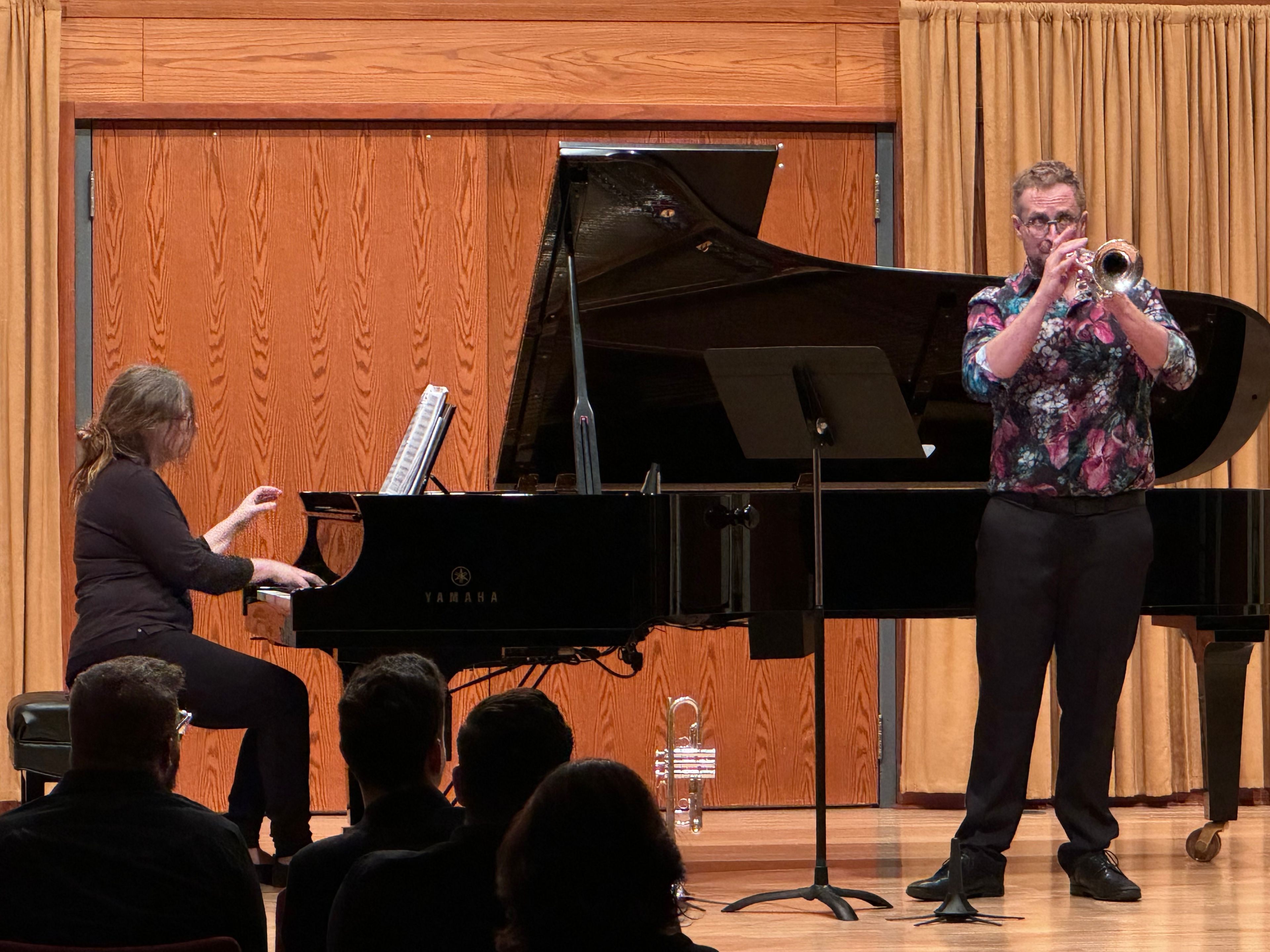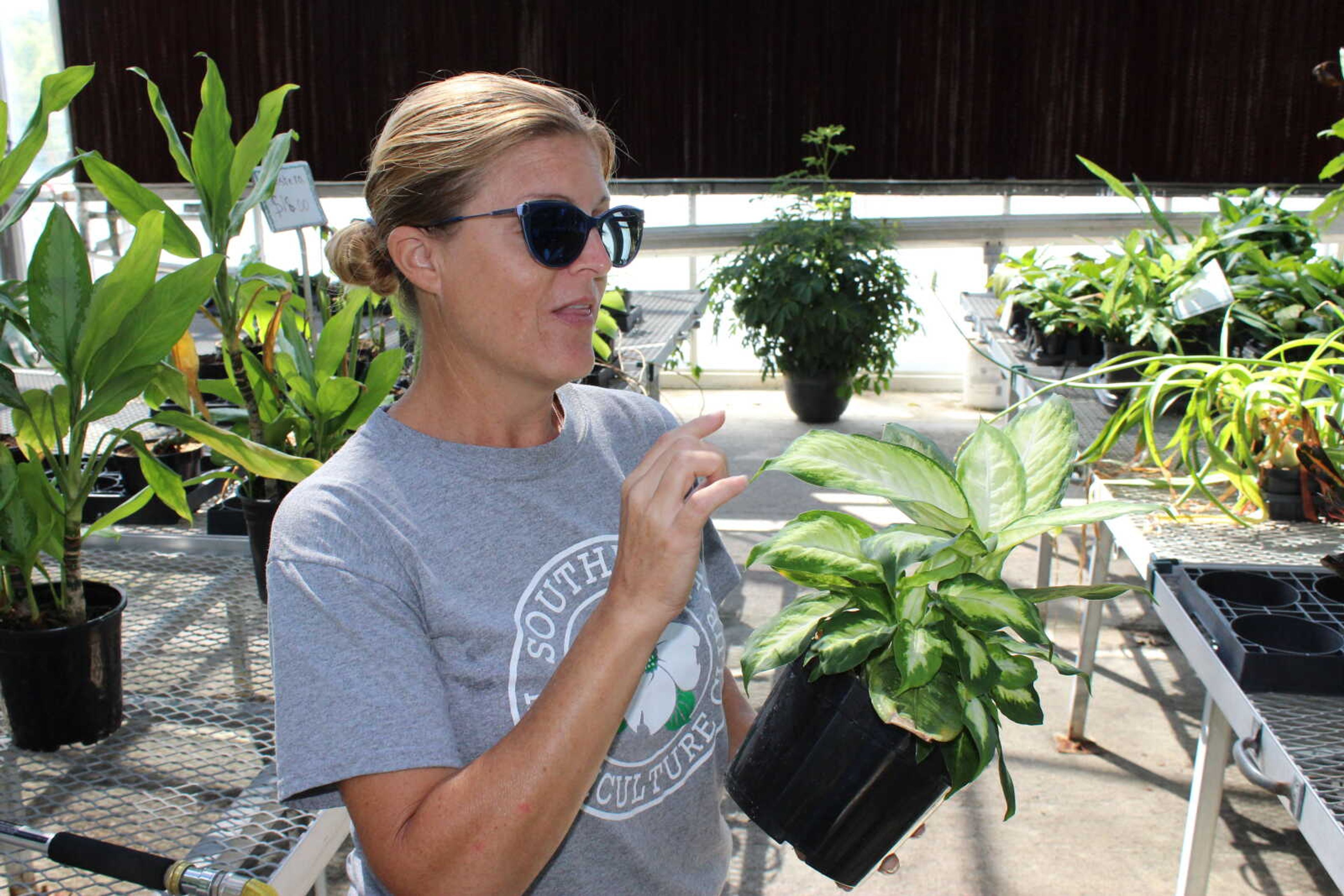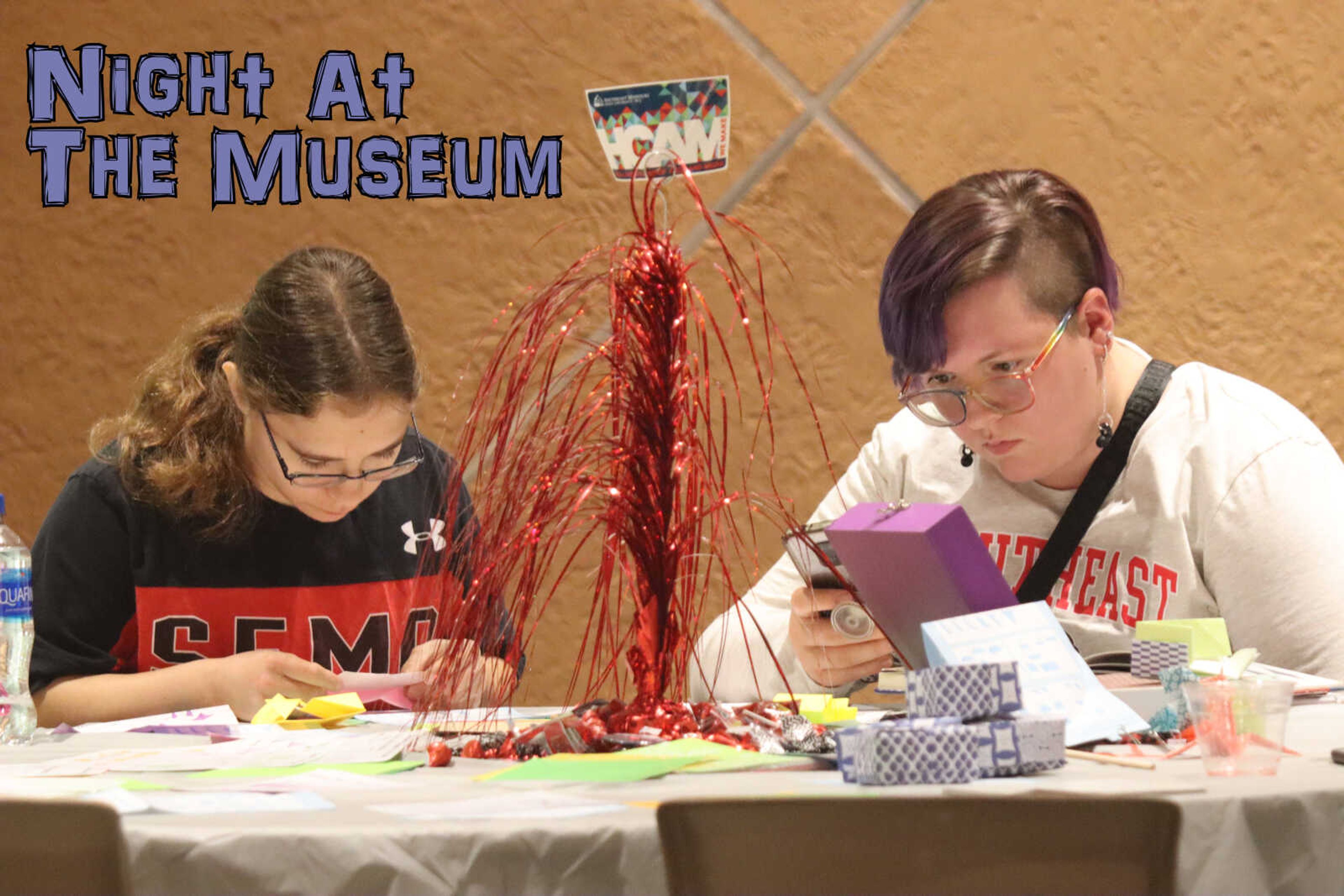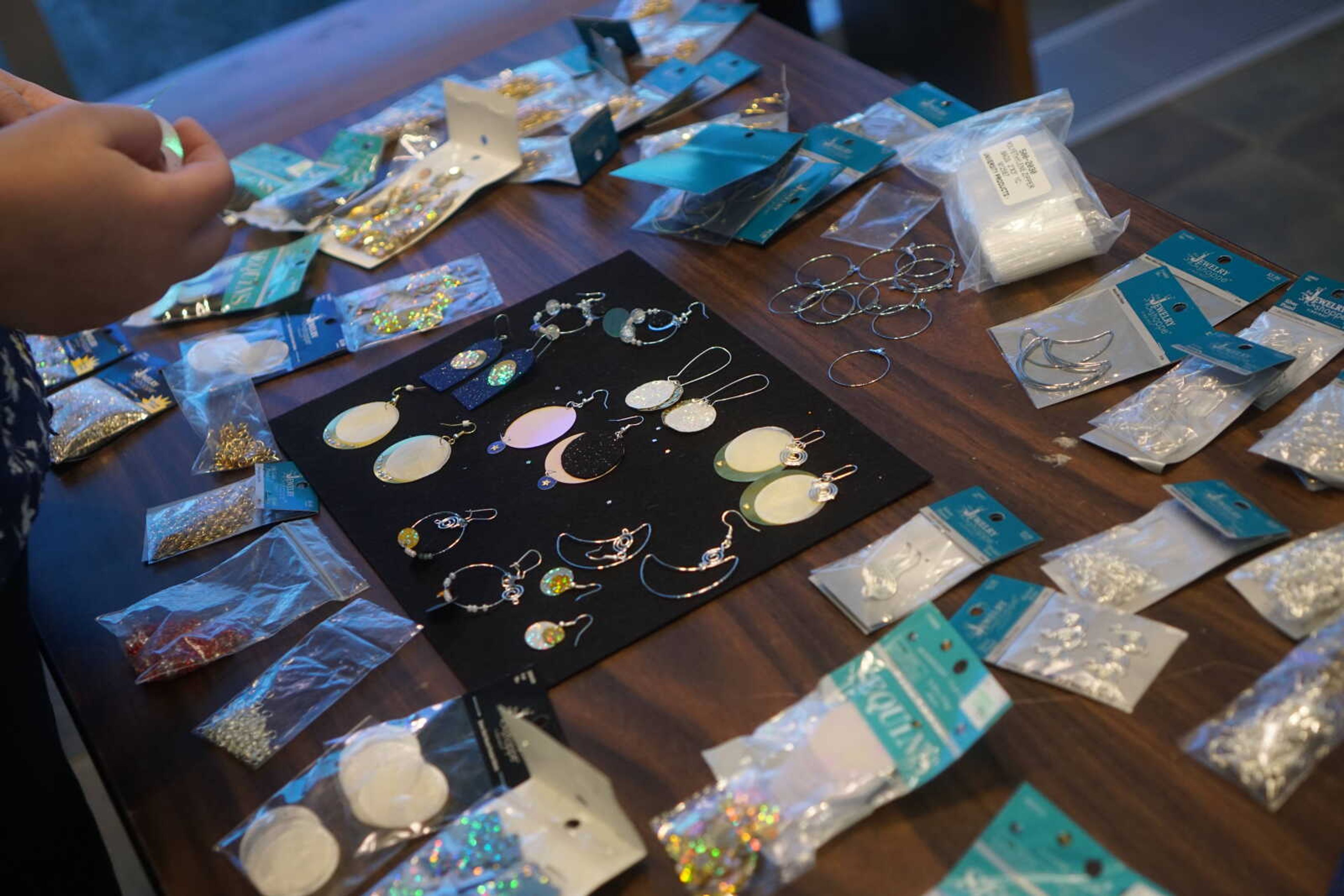Sudanese students share culture and food at Cultural Cafe
Three students are enrolled at SEMO from Sudan, a country located in northeastern Africa, south of Egypt. On Wednesday, March 30, two of those students, cybersecurity senior Mohammed Osman and biochemistry senior Awab Esaid, presented the first Cultural Cafe, a showcase to share their Sudanese Culture, at the International Village.
Three students are enrolled at SEMO from Sudan, a country located in northeastern Africa, south of Egypt. On Wednesday, March 30, two of those students, cybersecurity senior Mohammed Osman and biochemistry senior Awab Esaid, presented the first Cultural Cafe, a showcase to share their Sudanese Culture, at the International Village.
Esaid began the presentation by introducing the three main topics of Sudanese Culture: the food, experiencing the brotherhood of the interdependent culture and nature, and the experience of a Sudanese wedding.
Osman said Sudan has a very diverse population with more than 500 ethnic subgroups speaking more than 70 languages. Sudanese Arabs who are predominantly Muslims, are considered the largest ethnic group, but with the diversity of Sudan, each ethnic group has its own unique lifestyle and culture.
“The social structure of Sudan is that the community relies very heavily on their close family members, friends and neighbors,” Osman said. “Most days, people tend to prioritize other people's needs rather than prioritizing themselves, and it is mutual.”
​​“Like like many nations where you would get your placement in community based on how successful you are or how your career is going, it, rather, comes with how helpful you are today, how much you support [not in terms of money], but of time,” Esaid said. “The only factor that can bring you automatic respect is age.”
The next topic of the presentation covered Sudanese weddings. Esaid said a “Sudanese wedding is a very cheerful event,” taking place throughout five days filled with ceremonies celebrated with relatives and friends.
“You get to see all the natures and social structures come together in a wedding because no one stays in a hotel; they would rather stay at your house or your neighbors’,” Esaid said.
“The most interesting thing we find about the wedding would be the ‘jirtig,’” Osmin said. “[As a part of the jirtig], usually the older ladies within both families give their blessings to those who are being wedded, blessing them and reading prayers to make sure that all the bad spirits are not interfering with the wedding, and they are both happy.”
For dinner, Osman and Esaid served zighni and shi’reria with hibiscus-infused water. The main dish served, zighni, is njera bread, or flatbread with a spongy texture, made from teff flour and topped with chicken, onions, tomatoes and garlic, with a boiled egg on top. For dessert, students served shi’reria. Shi’reria consists of milk, sugar, vermicelli — very thin rice noodles or rice sticks — mixed with pistachios and raisins sprinkled on top.
Psychology junior Marie Diagne is from Sinegle also part of the International Village community. Diagne described the zighni as tasting more like a tomato than she expected, and she said the bread was unlike anything she has ever tasted.
“It was different than Senegalese food, but it was still yummy,” Diagne said.
As they come from a bigger community in Sudan, Osmin and Esaid said they had a difficult adjustment to the food and homework assignments at Southeast Missouri State University at first, but getting to know the students at SEMO and being a part of the international community made it feel like a “home away from home.”
Director of International Education Services Kevin Timlin said it is important for smaller international student body groups to have opportunities to share information about their country, culture and food.
The International Education and Services Office helps international students connect with resources and people to put together presentations for the cultural cafe. Timlin said they have more than 68 different countries represented on SEMO’s campus.
There will be two more Culture Cafes next semester during common hours on Wednesdays. If you would like more information about International Education Services and events, visit their website.
